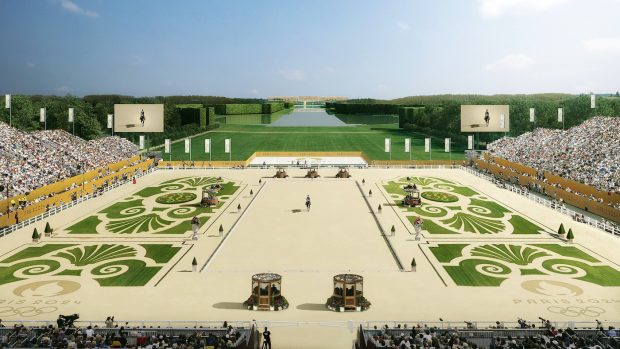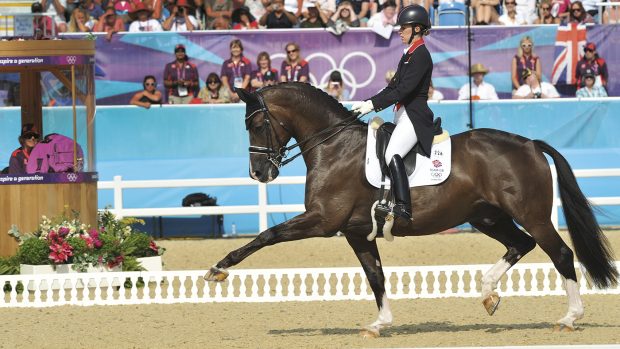Equestrianism has received a major increase in funding to work towards the 2012 London Olympics and Paralympics.
UK Sport announced last week that equestrianism — despite not hitting its medal targets for Beijing — will receive £13.65m of funding in the run-up to London 2012.
The support is nearly £2m more than horse sport received in the four years prior to Beijing.
A spokesman for UK Sport told H&H: “Our funding decisions are made on more than medal targets — they are based upon past performance, future prospects and the structures in place to bring athletes through the system.
“Equestrianism is a sport with a tradition of bringing medals through, and there were a lot of difficult circumstances surrounding this summer’s Olympics.”
Performance manager for the British equestrian team Will Connell, who works for the British Equestrian Federation (BEF), said the funding reflected confidence in the sport and its ability to work with owners and riders.
But, he added: “It puts huge pressure on us to deliver.”
UK Sport has not set a medal target for London yet.
“We are looking at a medal target range — or maybe setting annual targets with each sport in the run-up to 2012,” said the spokesman. “But nothing is being made public yet.”
In line with this, Mr Connell and his team plan to work more closely with riders on a six-month review system.
“Each six months we need to sit down with them and be open and honest about where they need to improve. Their funding will be linked to that,” he said.
Mr Connell said the BEF plans to work with riders in their home environment, with their own coaches — as well as investing in the development of coaches and bringing internationally renowned trainers to the UK.
His team will also concentrate closely on equine management in an attempt to minimise a repeat of the 2008 Beijing Olympics — where two members of the original five-man eventing team had to withdraw through horse injury and John Whitaker’s Peppermill could not jump in the team show jumping competition.
British team vet John McEwen explained: “You can never prevent horses going lame at the wrong time, and while accidents do happen, you can do everything to ensure that the preparation for competition is as ideal as possible — to protect against the natural stresses of competing.”
Keeping the best horses in the UK is also a priority.
Despite a very good performance in Beijing by Britain’s para-equestrian team, Mr Connell said “we shouldn’t be complacent”.
His team will be concentrating on finding the “most appropriate” horses for 2012, and working on grades II, III and IV.
“We operate one programme for all four disciplines [eventing, dressage, show jumping and paralympic dressage],” he said. “So funding is split between them.
The funding for modern pentathlon has increased to £6.41m for London, nearly half a million more than for Beijing.
This article was first published in Horse & Hound (11 December, ’08)




